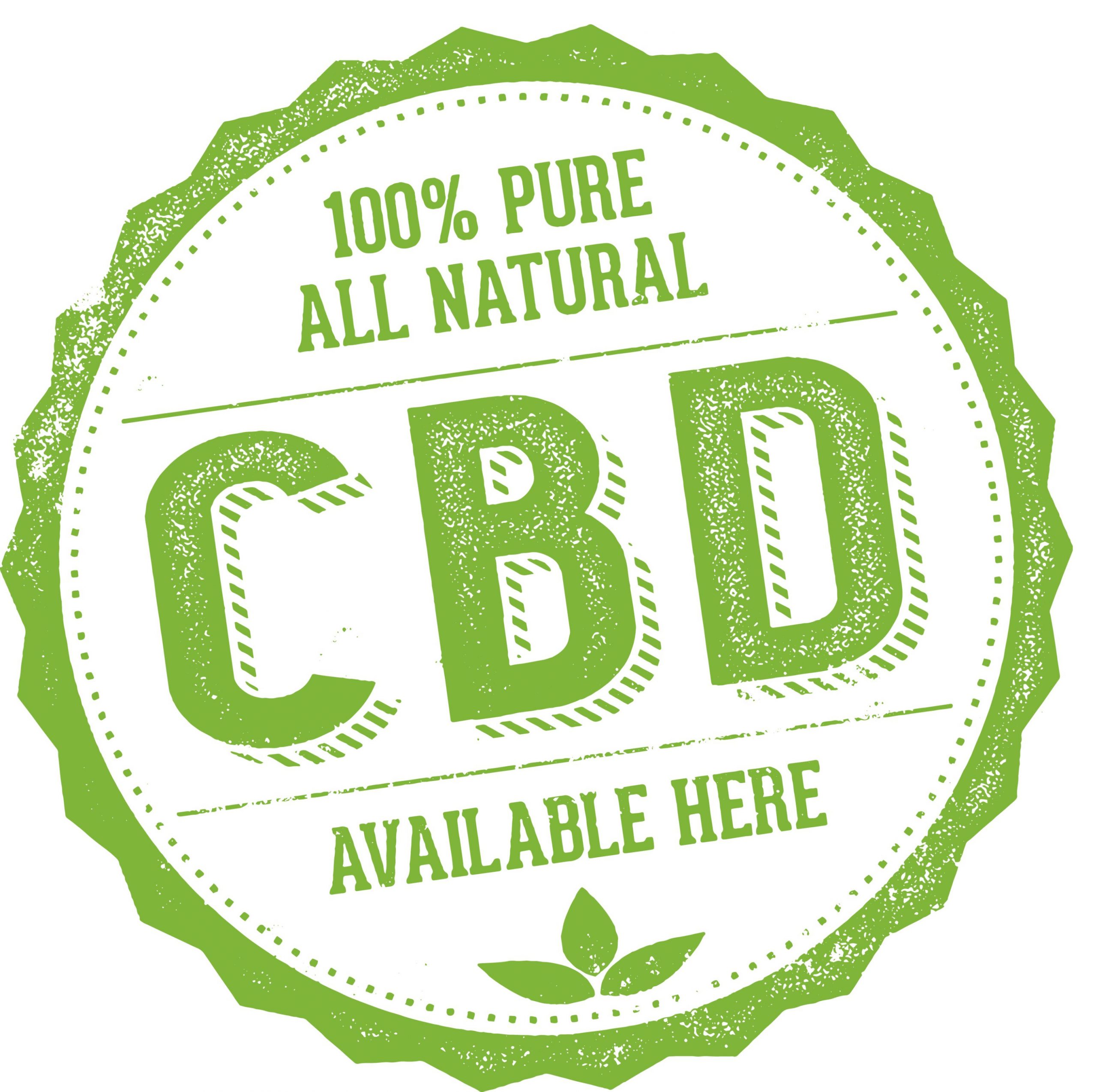Health, legal, and employment factors to consider
before ever trying a CBD product.
Over the decades, the Western view of cannabis has changed as the study of the plant’s properties continues to advance. Due to voter demands, many states have taken measures to legalize or decriminalize cannabis for medicinal and/or recreational use. While these state laws are in constant flux, the federal government has remained steadfast in citing cannabis as a Schedule I drug with “no currently accepted medical use and a high potential for abuse,” per the DEA. That designation, however, could change.
On October 6, 022, President Biden announced he would ask Attorney General Merrick Garland and Secretary of Health and Human Services Xavier Becerra to “initiate the administrative process to review expeditiously how marijuana is scheduled under federal law.” In a White House statement, Biden noted that cannabis is currently on “the same schedule as heroin and LSD, and even higher than the classification of fentanyl and methamphetamine – the drugs that are driving our overdose epidemic.”
So, the times are changing – but does this mean cannabis is safe or not? As with any drug, there are inherent risks involved with cannabis use. To weigh these risks, it is important to distinguish the two main components of the cannabis plant – the cannabinoids cannabidiol (aka CBD) and delta-9-tetrahydrocannabinol (THC).
CBD vs THC
Both cannabinoids (CBD and THC) interact with the human body’s central nervous system receptors, but they have very different side effects. THC produces a psychoactive, intoxicating effect that causes users to feel “high.” CBD doesn’t, but still produces a wide range of other effects, many of which users find appealing.
That’s why cannabidiol has become such a popular additive in foods, drinks, and commercial products sold around the nation. From edible gummies and capsules to lotions and oils, CBD is found in countless over-the-counter goods. However, it’s false to assume that CBD’s popularity means it’s safe.
CBD from Hemp vs Cannabis
CBD, interestingly, can be derived from either cannabis or hemp. Hemp is simply Cannabis sativa L. with a lower percentage of THC (0.3% or less) than other cannabis plants. In other words, if a cannabis plant contains over 0.3% THC, it’s considered “cannabis.” If not, it’s considered “hemp.”
Hemp was removed from the list of Controlled Substances via the 2018 Farm Bill; thus, CBD extracted from hemp plants is technically legal at the federal level. However, some states still consider hemp to be illegal and thus limit the sale of products containing CBD of any kind.
This patchwork of policies often leaves consumers and employers confused about whether CBD is legal or safe in their state. To muddy the waters even further, hemp-derived CBD that is legal for the general public may still not be permitted for use by certain governmental or military workers “no matter the claimed or actual THC levels.”
Beyond the considerations of legality or permissibility, users or potential users must consider the common medical side effects and potential risks of taking CBD in any form. Verywell Health lists several reported side effects, including drowsiness, nausea, changes in mood or appetite, diarrhea, and changes in liver enzymes.
CBD Risks Associated with Drowsiness
Drowsiness from CBD can create dangerous situations for employees in hazardous environments where impairment can cause mistakes leading to mishaps, injuries, or worse. Drowsiness is also a common cause of delayed reaction times while driving, which may increase the likelihood of an accident on the road.
Meanwhile, any simultaneous use of CBD and alcohol can potentially lead to excessive fatigue or other unwanted side effects.
CBD Risks Associated with Liver Function
Elevated liver enzymes due to CBD use can be problematic for those with liver problems, who obviously don’t want to risk liver damage. Another consideration is that, as San Diego Magazine points out, studies have discovered that “CBD inhibits some of the liver enzymes necessary for the metabolization of medicine.” This suggests a cause for concern among people who take medications for medical conditions.
In other words, using CBD could decrease the effectiveness of prescription medications for some users, creating an unpredictable and perhaps unsafe situation.
CBD Risks for People Who Are Pregnant or Nursing
The Centers for Disease Control and Prevention (CDC) issued a cautionary notice that “CBD use during pregnancy is not recommended. The potential health effects of using CBD products during pregnancy are currently unknown.” The Center went on to note how animal testing found that “high doses of CBD have caused negative effects on developing fetuses” and thus further cautioned against using CBD while breastfeeding.
Other researchers and doctors seem to concur, such as Dr. Heather Bradshaw of Indiana University’s Department of Psychological and Brain Sciences, who suggested it is “not a good idea to expose a developing baby to a very active brain drug” such as CBD.
CBD Risks Associated with Content Mislabeling
Consumers are accustomed to more or less trusting the ingredient labels of products that fall under the purview of the Food and Drug Administration. Unfortunately, most CBD products don’t have such agency oversight. The industry isn’t very well regulated and the lack of quality assurance has led to widespread problems of consistency and inaccurate content labeling.
A report from the Bureau of Cannabis Control in California revealed that as high as 80% of CBD products being sold “had contents that were different from what was indicated on their labels.” The Journal of the American Medical Association also conducted a study to assess the label accuracy of CBD products ordered online and found that 21% contained THC levels “up to 6.43 mg/mL.”
Alas, it’s not uncommon for CBD products to violate standards, which is why the FDA issued a warning noting that “some companies are marketing products containing cannabis and cannabis-derived compounds in ways that violate the Federal Food, Drug and Cosmetic Act and that may put the health and safety of consumers at risk.”
Indeed, the CDC even warned consumers that “products labeled as hemp or CBD may contain other ingredients, such as THC, pesticides, heavy metals, bacteria, or fungi.”
Potential Benefits of CBD
Cannabidiol effects have been studied enough to suggest some effectiveness in temporarily alleviating or mitigating the symptoms of specific health issues under certain conditions. Per Harvard Medical School, these health issues include, but are not limited to, epilepsy treatment, anxiety, chronic pain due to arthritis, and insomnia. CBD use may also help to “lower cravings” for individuals struggling with tobacco or heroin addiction.
At the end of the day, to use or not use CBD in any form is an individual choice, but not one without risks. Due to the lack of CBD regulation and potential health risks, Kaiser Permanente recommends that people considering using CBD products exercise caution and talk to their doctor first.
Other things to consider before ever trying any CBD product include:
|




